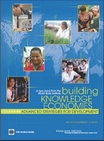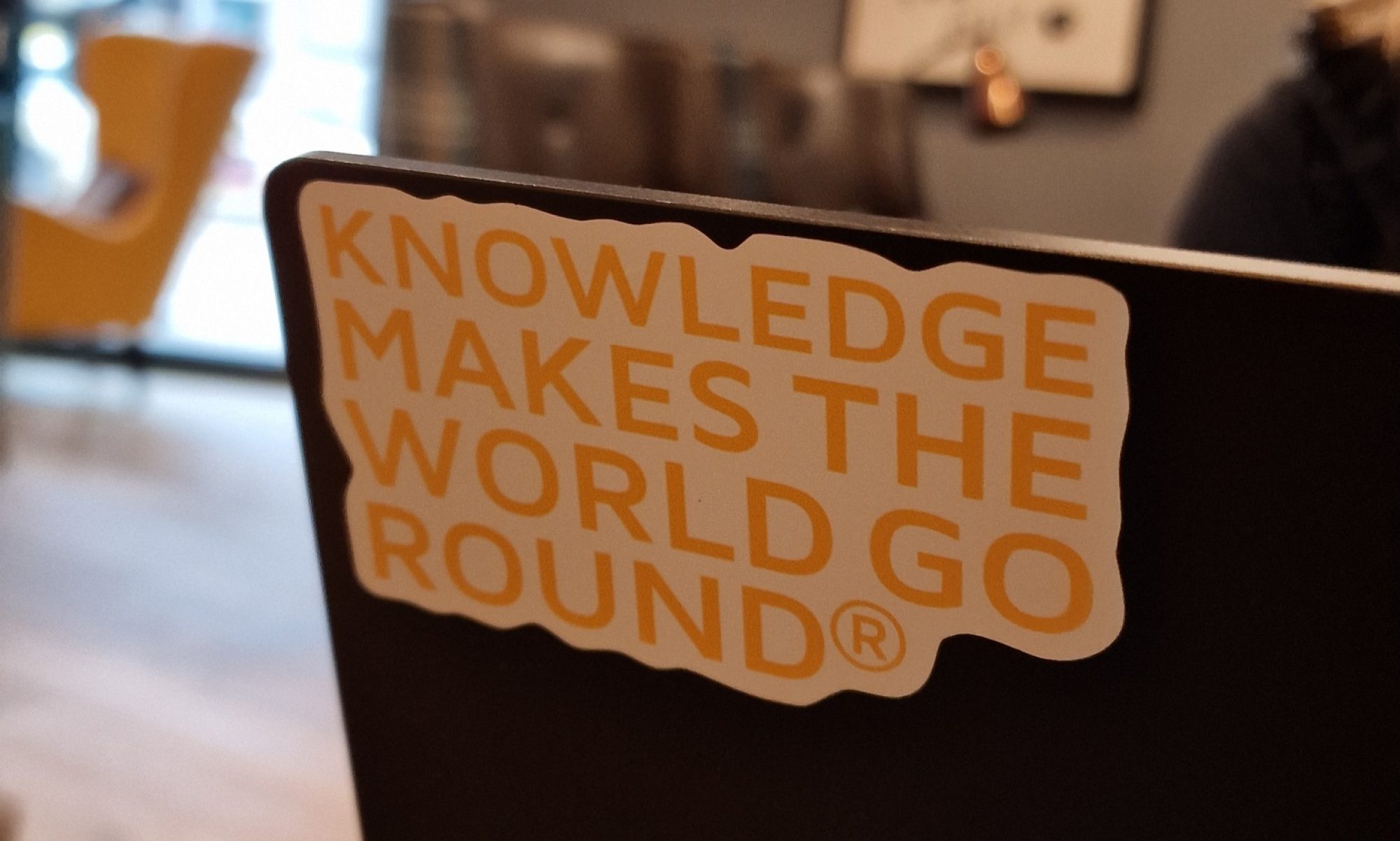 Manchmal ist es ganz gut, einmal über den „Tellerrand“ zu schauen. In der Diskussion um Wissen kommt es in Deutschland oft zu einer Nabelschau, bei der gerne vergessen wird, dass der Trend zu einer wissensbasierten Gesellschaft weltweit zu beobachten ist. Beispielhaft möchte ich den Bericht des Weltbank Instituts zu Mexiko hervorheben Kuznetsov, Y.; Dahlmann, C. J. (2008): Mexico´s Transition to a Knowledge-Based Economy. Interessant sind in dem Bericht die vielen Ländervergleiche und die Benchmarks zu Finnland, Irland und Südkorea. Dabei wird auch deutlich, dass das Bildungssystem neben der IT-Infrstruktur wichtiger Bestandteil einer wissensbasierten Gesellschaft ist. Eine Wissensbilanz – Made in Germany für Deutschland würde diese Zusammenhänge darstellen (Wirkungsnetz). Weiterhin wären konkrete Maßnahmen ableitbar. Aber wer will das schon?
Manchmal ist es ganz gut, einmal über den „Tellerrand“ zu schauen. In der Diskussion um Wissen kommt es in Deutschland oft zu einer Nabelschau, bei der gerne vergessen wird, dass der Trend zu einer wissensbasierten Gesellschaft weltweit zu beobachten ist. Beispielhaft möchte ich den Bericht des Weltbank Instituts zu Mexiko hervorheben Kuznetsov, Y.; Dahlmann, C. J. (2008): Mexico´s Transition to a Knowledge-Based Economy. Interessant sind in dem Bericht die vielen Ländervergleiche und die Benchmarks zu Finnland, Irland und Südkorea. Dabei wird auch deutlich, dass das Bildungssystem neben der IT-Infrstruktur wichtiger Bestandteil einer wissensbasierten Gesellschaft ist. Eine Wissensbilanz – Made in Germany für Deutschland würde diese Zusammenhänge darstellen (Wirkungsnetz). Weiterhin wären konkrete Maßnahmen ableitbar. Aber wer will das schon?
World Bank (Ed.) (2007): Building Knowledge Economies: Advanced Strategies for Development
 Das im Juni 2007 erschienene Buch Building Knowledge Economies: Advanced Strategies for Development der Weltbank: „This book discusses advanced development strategies that take into account education, information and communication technology, infrastructure, innovation, and the prerequisite economic and institutional regimes. (…) To become successful knowledge economies, countries have to rethink and act simultaneously on their education base, their innovation systems, and their information and communication technology infrastructure, while also building a high-quality economic and institutional regime. (…) the need to work at the four pillars through a combination of top-down reforms and bottom-up initiatives.“ Bemerkenswert sind die Hinweise auf eine ganzheitliche Sicht von KM-Initiativen und auf bottom-up Aktivitäten. Wie Sie als Leser meines Blogs wissen, weise ich darauf immer wieder hin.
Das im Juni 2007 erschienene Buch Building Knowledge Economies: Advanced Strategies for Development der Weltbank: „This book discusses advanced development strategies that take into account education, information and communication technology, infrastructure, innovation, and the prerequisite economic and institutional regimes. (…) To become successful knowledge economies, countries have to rethink and act simultaneously on their education base, their innovation systems, and their information and communication technology infrastructure, while also building a high-quality economic and institutional regime. (…) the need to work at the four pillars through a combination of top-down reforms and bottom-up initiatives.“ Bemerkenswert sind die Hinweise auf eine ganzheitliche Sicht von KM-Initiativen und auf bottom-up Aktivitäten. Wie Sie als Leser meines Blogs wissen, weise ich darauf immer wieder hin.
